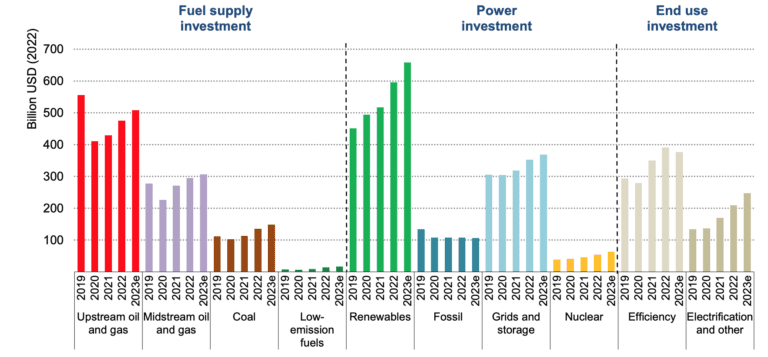
As the global transition to clean energy accelerates, hydrogen has emerged as a cornerstone of sustainable energy strategies. Its unique potential to decarbonize industries and energy systems makes it invaluable. However, transporting hydrogen, especially under high-pressure conditions, requires advanced engineering and material understanding. IGI Poseidon and Corinth Pipeworks are embracing this challenge through a shared commitment to innovation and expertise.
"At IGI Poseidon, we are constantly working to develop infrastructures that support the energy needs of the future," said Fabrizio Mattana, CEO of IGI Poseidon. "Our collaboration with Corinth Pipeworks is a crucial step to establish robust technical foundations for ensuring hydrogen’s role in the clean energy transition."
Konstantinos Xifaras, Chairman of the Board at IGI Poseidon, highlighted the significance of the partnership: “Partnering with Corinth Pipeworks unites cutting-edge materials expertise and a shared commitment to sustainability. Together, we are paving the way for a new chapter in energy transportation, addressing the complexities of hydrogen infrastructure with confidence and innovation."
Corinth Pipeworks brings unmatched expertise to the initiative. "We continuously advance our capabilities and expertise, delivering value responsibly to our customers. Contributing to the energy transition and low carbon fuels is an integral part of our company’s vision," commented Ilias Bekiros, General Manager at Corinth Pipeworks.
The joint initiative focuses on an extensive testing campaign of carbon steel linepipe (X70), currently used for natural gas offshore transportation, in a 100% hydrogen environment and under high pressure. Specifically, the qualification of the pipeline has been performed simulating severe operating conditions to evaluate the effect of hydrogen on material mechanical properties, through a series of different tests and analyses which include slow strain rate tensile test (SSRT), fracture toughness (FT), fatigue crack growth rate (FCGR), and a preliminary Engineering Critical Assessment (ECA) at high pressure. These activities aim to define and verify the Hydrogen Readiness of the steel material for offshore natural gas applications at high pressures (200-300 bar), pushing new boundaries in the realization of energy interconnectors.

